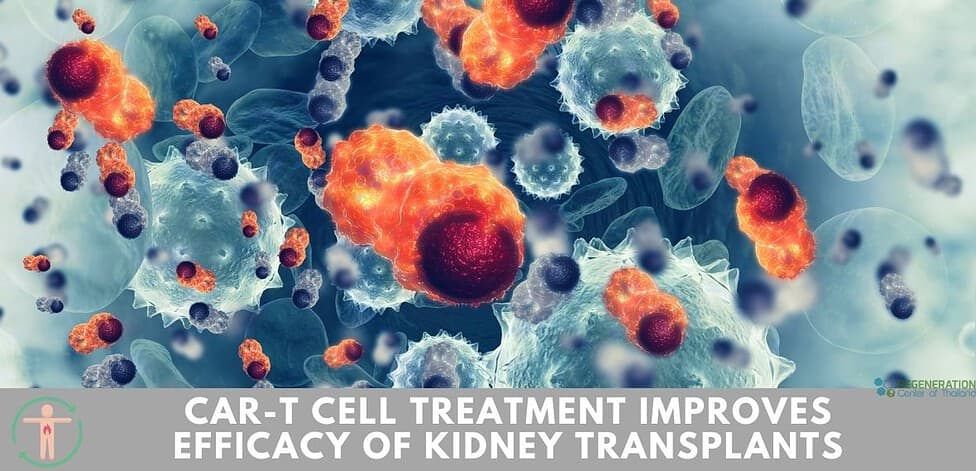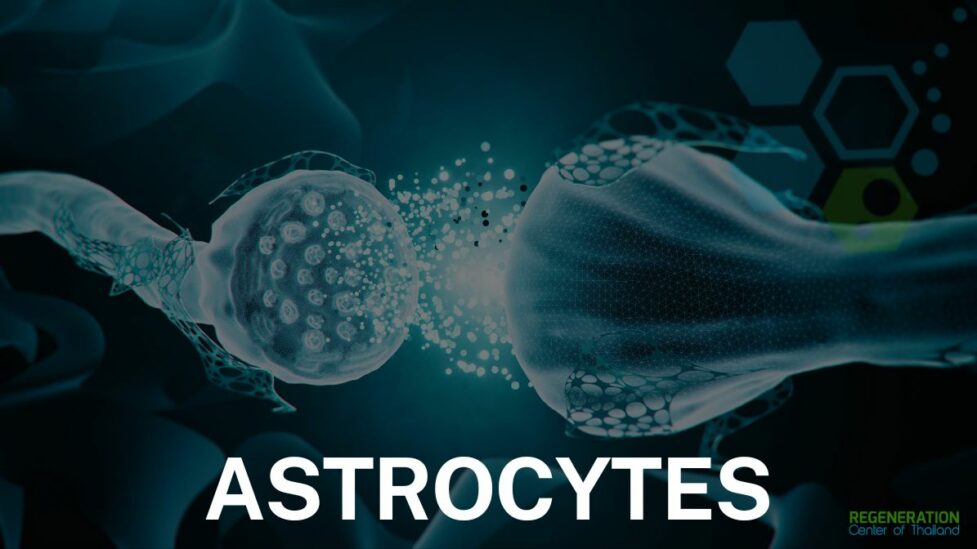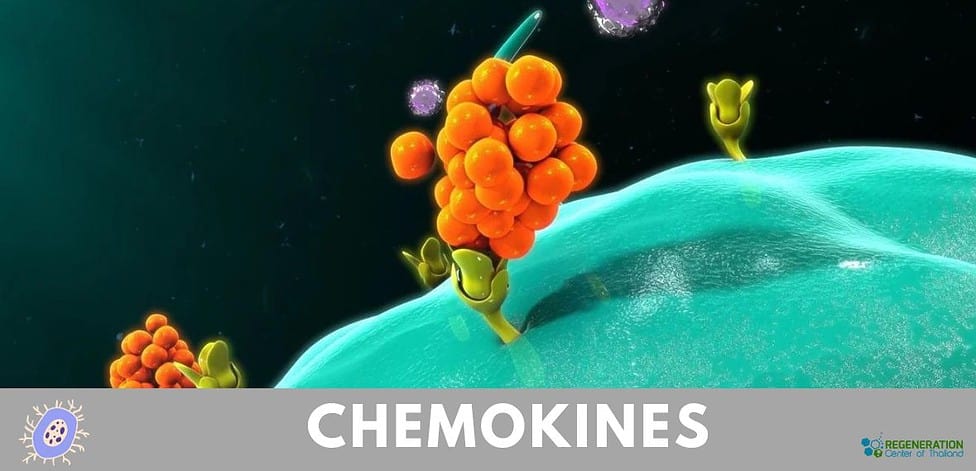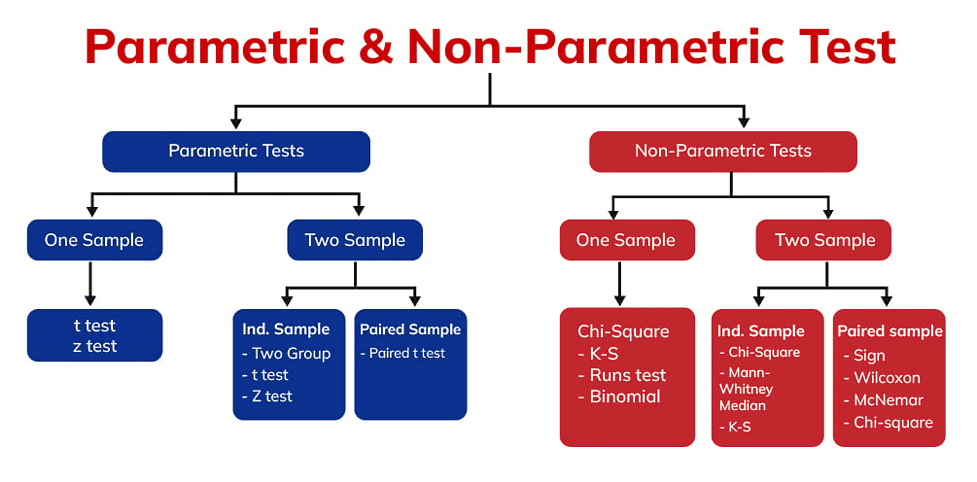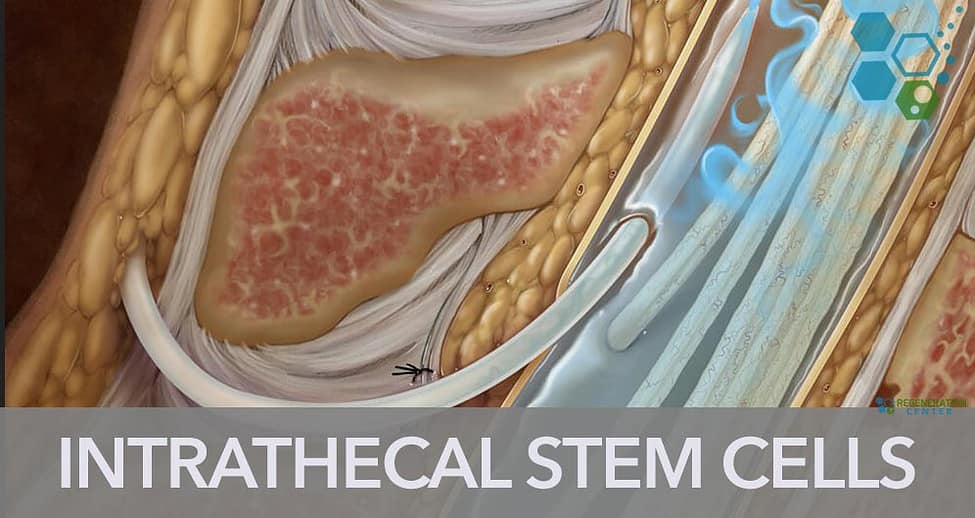Chimeric antigen receptor-T cell treatment (CAR-T cell therapy) holds immense potential to revolutionize organ transplantation, particularly for patients who struggle to find a suitable match and are at high risk of rejection. This breakthrough therapy offers a beacon of hope, promising to significantly improve the outcomes and quality of life for these patients. Current research prioritizes using CAR-T cells obtained …
Ultimate Guide to Healthy Fats & Healthy High-fat foods in 2024
In the ever-evolving landscape of nutrition science, the discourse around dietary fats has undergone significant transformation. The Regeneration Center is please to offer the Ultimate Guide to Healthy Fats in 2024 seeks to help demystify fats’ complexities, clarifying their indispensable role in a balanced diet. From elucidating the nuanced differences between monounsaturated and polyunsaturated fats to addressing the contentious debate …
Astrocytes can gain neural stem cell properties after brain injury
New research shows that specific types of brain cells become active after brain injuries and exhibit properties similar to those of neural stem cells. Astrocyte plasticity might correlate with the upregulation of the Galectin 3 protein, which may significantly contribute to discovery of additional biomarkers. The study discovered that a specific protein regulates these cells and could be a target …
The Role of Chemokines in Stem Cell Migration & Immunomodulation
Chemokines, critical components in the immune system, are small proteins that facilitate the migration and positioning of immune cells throughout the body. They are vital in maintaining the body’s defense against foreign invaders, such as bacteria and viruses. Understanding the fundamental principles of chemokine biology can significantly contribute to our knowledge and ability to help patients in the clinical and …
Parametric vs Nonparametric Statistics in Stem Cell Research
Stem cell research examines everything from gene expression to differentiation capacities to therapeutic potentials. With such diverse data types and complex experiments, researchers must determine the most appropriate statistical tests to analyze results. Parametric and nonparametric methods both play essential roles in stem cell data analysis. Parametric tests make assumptions about population parameters and rely on normally distributed data. Tests …
Intrathecal Delivery of Stem Cells in the Subarachnoid space
Stem cell therapy has emerged as a revolutionary new treatment approach for neurological and spinal disorders. One up-and-coming method of administering stem cells is an intrathecal application, which involves injecting the cells directly into the cerebrospinal fluid (CSF). This technique allows the stem cells to travel throughout the CSF and reach the brain and spinal cord, making it ideal for …

